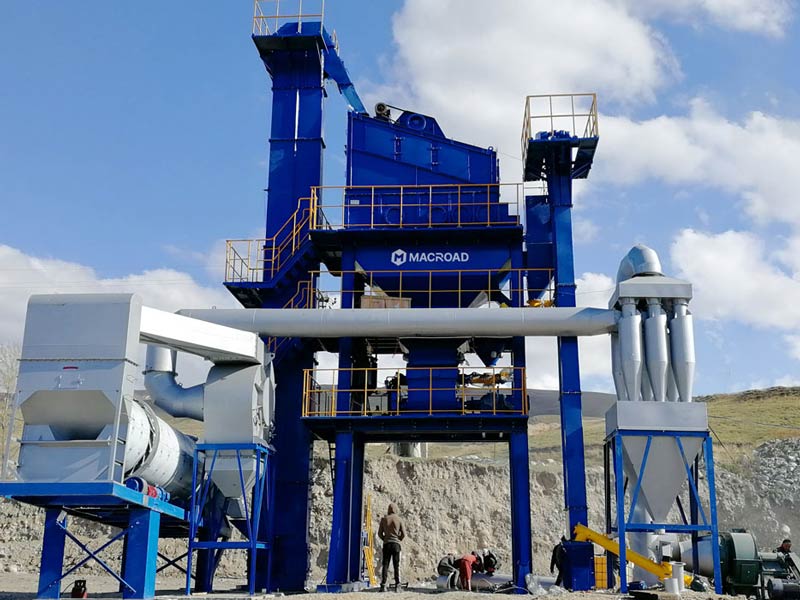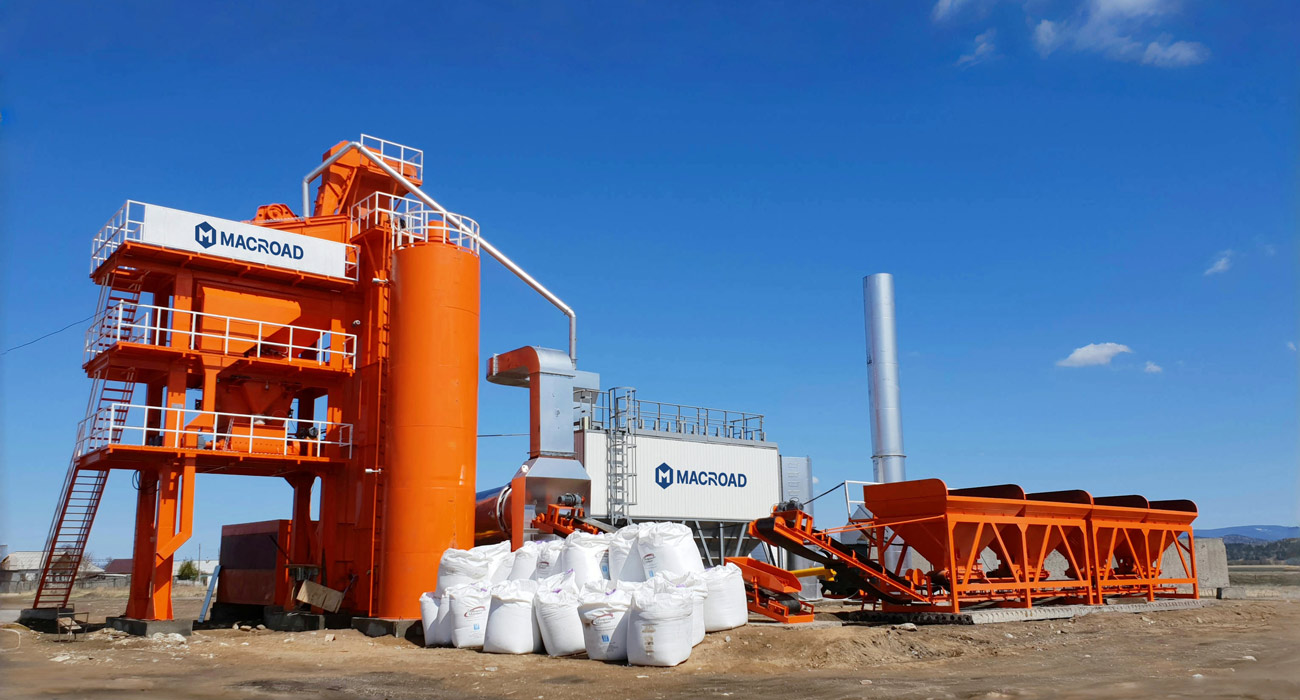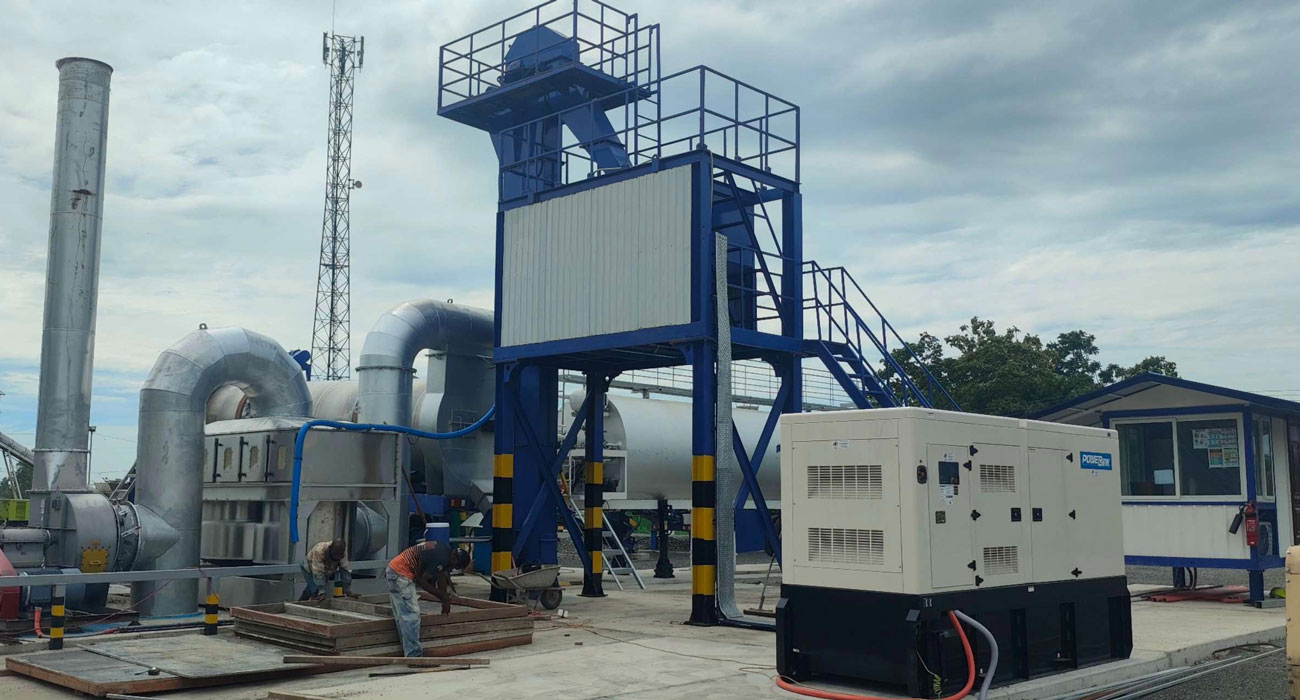For users managing asphalt mixing plants—whether operating a mobile asphalt plant on a remote road project or overseeing multiple batch mix plants in a regional network—supply chain reliability is critical. Delays in raw material delivery, inconsistent quality, and lack of traceability can derail productivity and inflate costs. Blockchain technology directly addresses these pain points by offering a transparent, tamper-proof digital ledger that records and verifies every transaction and movement in the supply chain.

Enhancing Material Traceability Across Plant Types
One of the primary application scenarios for blockchain in asphalt plants suppliers are raw material traceability. From aggregates and bitumen to chemical additives, every material used in hot mix, cold mix, or drum mix asphalt plants can be tagged with a unique blockchain record.
When a delivery of bitumen arrives at a stationary asphalt plant, for instance, the supplier logs the shipment details—origin, grade, batch number, and transport conditions—onto the blockchain. Once received, plant managers confirm and verify the entry through a decentralized system that all relevant parties (suppliers, logistics providers, and contractors) can access. The same applies to mini asphalt plants and small portable asphalt plants, which often operate in decentralized locations with less oversight. With blockchain, even remote operations gain full visibility into their supply inputs.
This end-to-end transparency is invaluable for quality control, helping users ensure that only approved, high-grade materials are used, and that each batch of asphalt has a verifiable material history.

Securing Supplier Contracts and Payment Terms
This is especially useful in environments with multiple asphalt plants suppliers or when managing fluctuating asphalt plant prices across regions. For example, if a batch mix asphalt plant receives a delivery of pre-agreed aggregate volumes and confirms via IoT-enabled sensors, a smart contract could automatically initiate payment to the supplier, avoiding delays caused by manual invoicing or approval workflows. Automating procurement workflows benefits both the plant operator and the vendor.
Such automation proves useful whether you’re sourcing materials for a large stationary plant or managing just-in-time deliveries for a mobile or small portable asphalt plant in a fast-paced urban development.

Preventing Fraud and Enhancing Regulatory Compliance
Fraud prevention and compliance assurance. In a traditional supply chain, it can be difficult to detect tampering, document falsification, or unverified material substitutions—especially when working with multiple third-party vendors. Blockchain eliminates this vulnerability by making every action permanently visible and verifiable.
From a user perspective, this means being able to demonstrate full regulatory compliance for every ton of asphalt produced, regardless of whether it came from a cold mix asphalt plant or a hot mix system. Auditors, contractors, and government agencies can be granted read-only access to verify plant input and production records, which are timestamped and immutable. This reduces the time spent on manual documentation and builds confidence in your operation’s integrity.
Conclusion
Blockchain technology brings a powerful layer of security, automation, and traceability to the supply chain management of asphalt mixing plants. For users, it ensures that raw materials are authentic, contracts are enforced automatically, and compliance is easily provable. Whether you’re running a fleet of large batch mix plants or managing a single mini asphalt mixing plant, integrating blockchain means gaining clearer visibility, stronger accountability, and smarter decision-making throughout your supply chain.